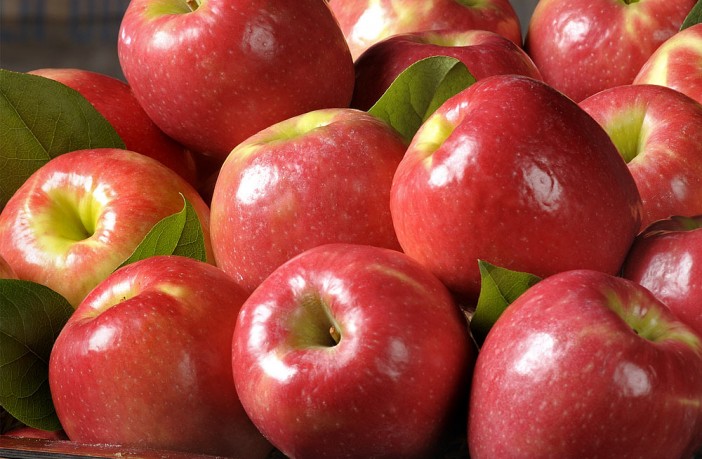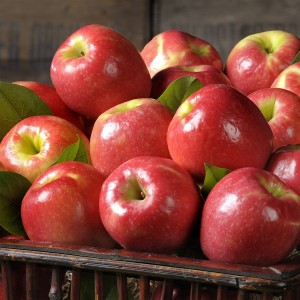Fresh Plaza
“Russia self-sufficient in 5 years”
The phytosanitary service has sent back a shipment of pears, because the documents did not match the product. According to the papers, the country of origin was Argentina, according to the label Chile. The shipment was re-export from a German company. And Russia remains optimistic about self-sufficiency. This objective has to be achieved within the next five years. While Morocco was initially enthusiastic about the potential of the Russian market, the government has put a quota on the export of citrus. The allowed export volume has been halved, because of defaulters in Russia. Polish farmers took to the streets to call attention to their situation. The farmers feel they’re being treated disrespectfully by the EU and the Polish government. America is hardly affected by the boycott. Only nut producers are hit hard, but they are looking for new markets.
Russia sends back Argentine pears
A shipment of 20 MT of pears didn’t get through St. Petersburg customs last week, because the papers weren’t in order. The pears were labelled as Chilean produce, but according to the documents, the country of origin was Argentina. The pears were en route to Russia via Germany. Because of the violation of the law, the shipment was sent back.
Russia self-sufficient in 5 years
Within the next five years, Russia will no longer be dependent on food imports, the chairman of the Agriculture Committee of the Duma, the Russian parliament, has said. They had been aiming for this objective for a while, usually voiced by someone in government. Russia would become self-sufficient for products including meat, vegetables, potatoes, apples and grapes. To achieve this end, Russia is granting large subsidies to the agricultural sector. According to the Agriculture Committee’s chairman, there are plans to invest 20 billion roubles (400 million euros) in the agricultural sector. President Putin adds that harvests of potatoes and other products are increasing every year.
Morocco halves citrus export
The Moroccan government announced they will halve the volume of citrus sent to the Russian market. Last year, export to Russia amounted to 230,000 MT, this year the government sets a quota of 120,000 MT. The main reason is the chaos on the Russian market, resulting in payment defaults. The high season for Moroccan citrus starts on October 15. Moroccan traders are not pleased with the quota. Earlier this month, a Russian delegation visited packing stations in Morocco, and only last month Morocco and Russia made a trade agreement.
Polish farmers take to the streets
Yesterday, the Polish organization for fruit farmers held a demonstration. The protesters wanted to call attention to the difficult situation the sector is in following the boycott. The farmers feel that they’ve been treated with disrespect by the EU, and that there is too little understanding for their situation among Polish policy makers. According to the protesters, the Polish agricultural sector is going through the most severe crisis in 30 years.
US hardly affected by boycott
America was hardly affected by the boycott. Russia’s share in the export for 2013 is at 4%, compared to 40% for the EU. The heaviest blows are felt in the meat and nut sector. For those sectors, things are different. The nut sector saw a period of growth in the past years. The US supplies nearly 50% of the nuts imported by Russia. For almonds, this percentage is 95%. To compensate for the lost export to Russia, American nut traders are looking for new export markets. They are likely to focus on existing export destinations in their search. Those are mainly in Asia, but Spain and Germany are also big buyers of American nuts.
Apple juice 50% cheaper
Farmers, especially in Poland, complain about the extremely low prices for apples in the processing industry. The price is at 0.024 euros per kilo. The price for apple juice concentrate on the European market has gone down by 50% in the past six months, to 60 cents. Production is expected to increase, putting prices under even more pressure. Causes for the low prices are the exceptionally good harvest in Europe, a ten-year record of almost 12 million tonnes, the Russian boycott, and a large supply of concentrate from last season. Consumption of apple juice is also decreasing in Europe, which is an important market for the juice.
Publication date: 10/16/2014
Author: Rudolf Mulderij
Copyright: www.freshplaza.com








